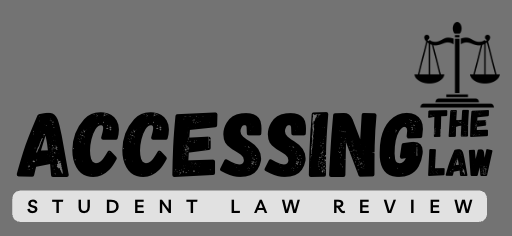Sports Law
June 15, 2025
In June 2023, Australian Businessman Aron D'Souza publicly proposed a new athletic competition he called the Enhanced Games. The organization invites athletes from all nations to use Performance Enhancing Drugs or PEDs in an attempt to provide more entertaining matches. The World Anti-Doping Agency (WADA), an institution focused on crafting a system of anti-doping regulations for all sports globally, has expressed disapproval of D'Souza's proposition. This calls into question the future of PEDs and their role in athletics on a global scale. Are WADA concerns about athletes' health legitimate or should the use of PEDs fall within the scope of an athlete's individual autonomy, especially in privately organized events?
May 15, 2025
House v. NCAA (2024) is a lawsuit begun by Arizona State swimmer Grant House who challenged the NCAA over their revenue policies and restrictions on athletic compensation as anticompetitive behavior. This case is a federal class-action antitrust lawsuit meaning that the legal action was filed in federal court (in this case the U.S. District Court for the Northern District of California). The progression to a lawsuit typically begins with the filing of a formal complaint, where the plaintiff, or person who filed a complaint, alleges specific violations of the law. In this case, House and fellow collegiate athletes claimed that the NCAA's regulations constituted a restraint of trade in violation of antitrust statutes. The court subsequently recognized the matter as a class action allowing a group of similarly impacted individuals known as a class to collectively sue the NCAA.
